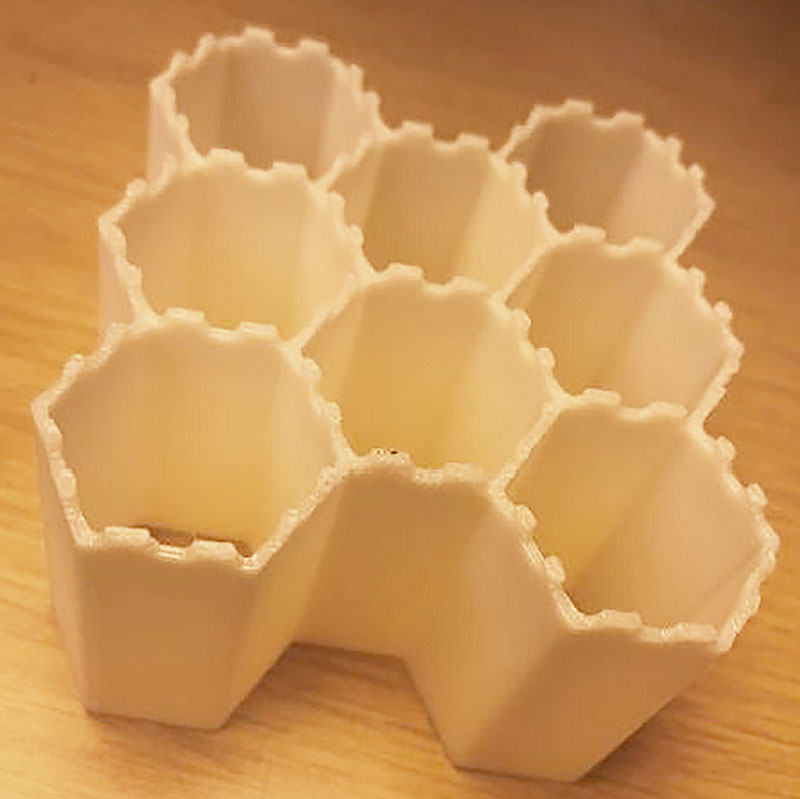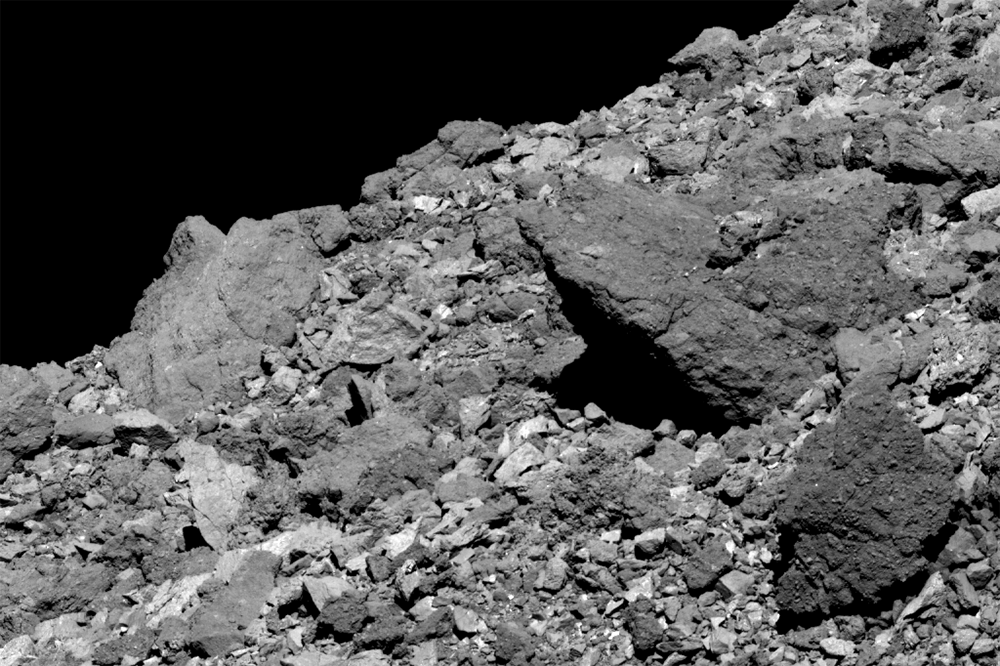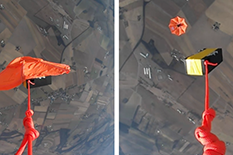News Story
Department Welcomes New Faculty Member Tam Nguyen

The University of Maryland (UMD) Department of Aerospace Engineering welcomes a new faculty member, Assistant Professor Tam Nguyen. Nguyen joined the department from MIT Lincoln Laboratory, a Department of Defense federally funded research and development center, where she led multiple programs in advanced sensing capabilities, space-based instrumentation, and space mission architectures.
At UMD, Nguyen leads the Strategic Space Sensing Lab, where her research focuses on the development of new sensing methodologies to advance state-of-the-art capabilities in space situational awareness, planetary defense, and planetary science & exploration.
“I am passionate about expanding our ability to discover, track, and characterize space objects across a wide range of orbit regimes and applications,” said Nguyen.
Her current focus is on cislunar space situational awareness and near-Earth asteroid discovery and characterization, and she says that she is excited to join the faculty in Aerospace Engineering at Maryland and looking forward to working with talented students to advance space sensing capabilities.
Nguyen received her Ph.D. in Space Systems in 2018, S.M in Aero/Astro in 2015, S.B in Aero/Astro and Physics in 2013, all from MIT.
During her time at MIT, Nguyen worked on the development of the fine-pointing system for the Transiting Exoplanet Survey Satellite (TESS) mission for her doctoral dissertation. That work earned Nguyen and her TESS project team NASA’s Silver Achievement Medal, awarded for “a stellar achievement that supports one or more of NASA’s core values, when it is deemed to be extraordinarily important and appropriate to recognize such achievement in a timely and personalized manner.”
Her previous experience includes spacecraft attitude determination for Earth imaging and laser communication.
Nguyen will also be part of Maryland’s newly formed space research center, Advanced Space Science and Technology Research at UMD.
Published November 19, 2024






